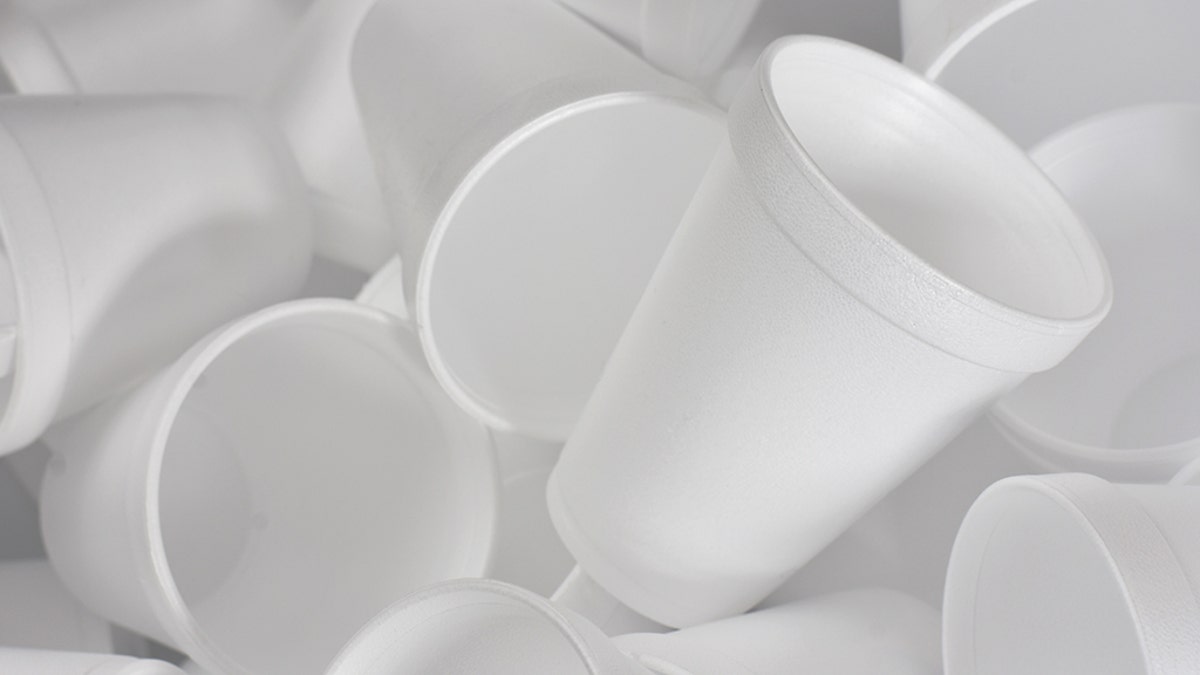Study: We should stop drinking coffee first thing in the morning
Scientists have found that there’s a better time to get your morning caffeine fix: Wait an hour after waking up to drink your first cup when your cortisol levels are at their peak.
There are many reasons to pick up a steamy cup of joe in the morning — and the delicious taste is just one of them.
The number of Americans drinking at least one cup of coffee every day is at its highest level in six years, according to Reuters, citing a study released by the National Coffee Association (NCA) in March 2018.
“We see the cola industry is declining, (but) coffee is in the front row,” Roberto Vélez, head of the Colombian Coffee Growers Federation, reportedly commented during NCA's annual meeting in the spring.
COFFEE'S HEALTH BENEFITS — DEFENDING YOUR CUP OF JOE
Consumers are constantly getting updated about potential positive and negative effects of coffee. Here are five surprising things you may not know about coffee.
There may be a right time to drink your first cup
You may want to delay your first taste of coffee in the morning at least an hour after you wake up, a new study suggests.
In the first hour after you wake up, your body is reaching one of its three daily peaks of cortisol (a steroid hormone) production. Thus, you want to avoid drinking caffeine during this critical time, as cortisol can cancel caffeine's alertness effects and could possibly even help you build a tolerance for coffee.
WE SHOULD STOP DRINKING COFFEE FIRST THING IN THE MORNING, STUDY SUGGESTS
Neuroscientist Steven L. Miller agrees people should avoid drinking coffee during these high cortisol production periods to get the full benefits of caffeine.
Drinking coffee when your cortisol levels are low helps "smooth out your mood and energy level" so you can accomplish even more, Miller previously told Inc Magazine, noting someone who wakes up around 6:30 a.m. should wait to drink their first cup of joe until around 8 or 9 a.m.
There is such a thing as "too much"

You should limit yourself to four cups of coffee per day, the Mayo Clinic recommends. (iStock)
Sorry, coffee fans. There is such a thing as drinking "too much" coffee — at least, according to the Mayo Clinic.
The Minnesota-based medical center recommends limiting yourself to four cups of per day, or about 400 milligrams of caffeine, to maintain a healthy lifestyle. Those who drink more than four cups a day may start to notice side effects such as insomnia, restlessness and fast heartbeat, among other symptoms.
"If you're like most adults, caffeine is a part of your daily routine. And most often it doesn't pose a health problem," the Mayo Clinic states online. "But be mindful of those situations in which you need to curtail your caffeine habit."
It's not as dehydrating as you may think
If you want to stay hydrated, many people may suggest steering clear of coffee. That's because for years, coffee has been rumored to actually cause dehydration — but that actually may not be the case.
While consuming coffee may increase urination, that doesn't necessarily mean you'll end up dehydrated.
"[T]he truth of the matter is, a small increase in urine output has little to do with dehydrating the body," Lawrence Armstrong, a professor in the Department of Kinesiology at the University of Connecticut, told LiveScience in 2016. "If you drink a liter of water, [urination] will increase ... Doesn't mean you shouldn't drink water."
A 2014 study also found "no evidence of dehydration with moderate daily coffee intake."
Millennials spend more on coffee than retirement plans
It's true. It appears millennials — born in the early 1980s through the early 2000s — are sometimes more keen to spend money on their daily coffee habits than invest in their future.
At the start of 2018, more than 40 percent of nearly 2,000 millennials surveyed admitted to spending more on their cups of coffee in the morning than their retirement plan, according to Acorns Money Matters. The average American reportedly spends around $1,100 a year on coffee.
It's a good source of antioxidants

Coffee is a good source of antioxidants, but it shouldn't totally replace your consumption of fruits and veggies. (iStock)
Researchers at the University of Scranton revealed in a 2005 study that coffee is the number one source of antioxidants in the U.S.
"Americans get more of their antioxidants from coffee than any other dietary source. Nothing else comes close," Joe Vinson, Ph.D., a chemistry professor at the University of Scranton and lead author of the study, said in an online statement at the time.
Vinson said it "easily outranked" other go-to sources for antioxidants such as tea, milk, chocolate and other items. However, Vinson did encourage drinking coffee in moderation.
"One to two cups a day appear to be beneficial," Vinson said, adding that it shouldn't replace other healthy items such as fruit and vegetables, "which are better for you from an overall nutritional point of view due to their higher content of vitamins, minerals and fiber."

